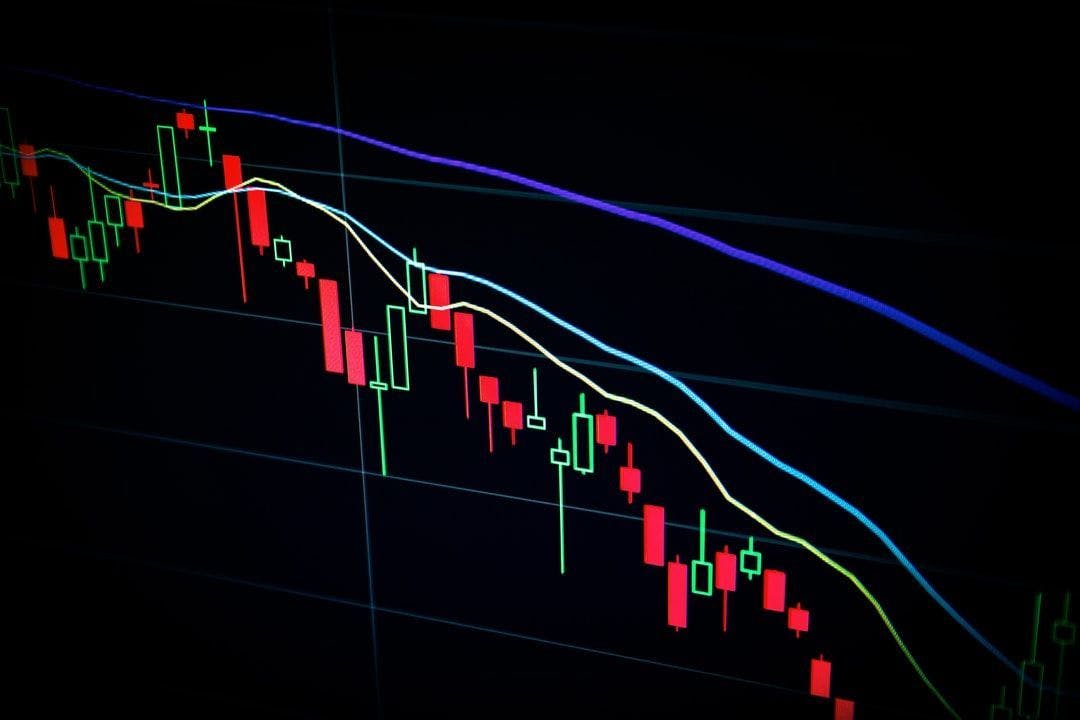1,680 reads
How Much Stock do Robinhood Employees Receive?
by
January 29th, 2022
Audio Presented by

Rick Chen is the senior director, head of public relations at Blind. He writes about tech culture and the workplace.
About Author
Rick Chen is the senior director, head of public relations at Blind. He writes about tech culture and the workplace.
